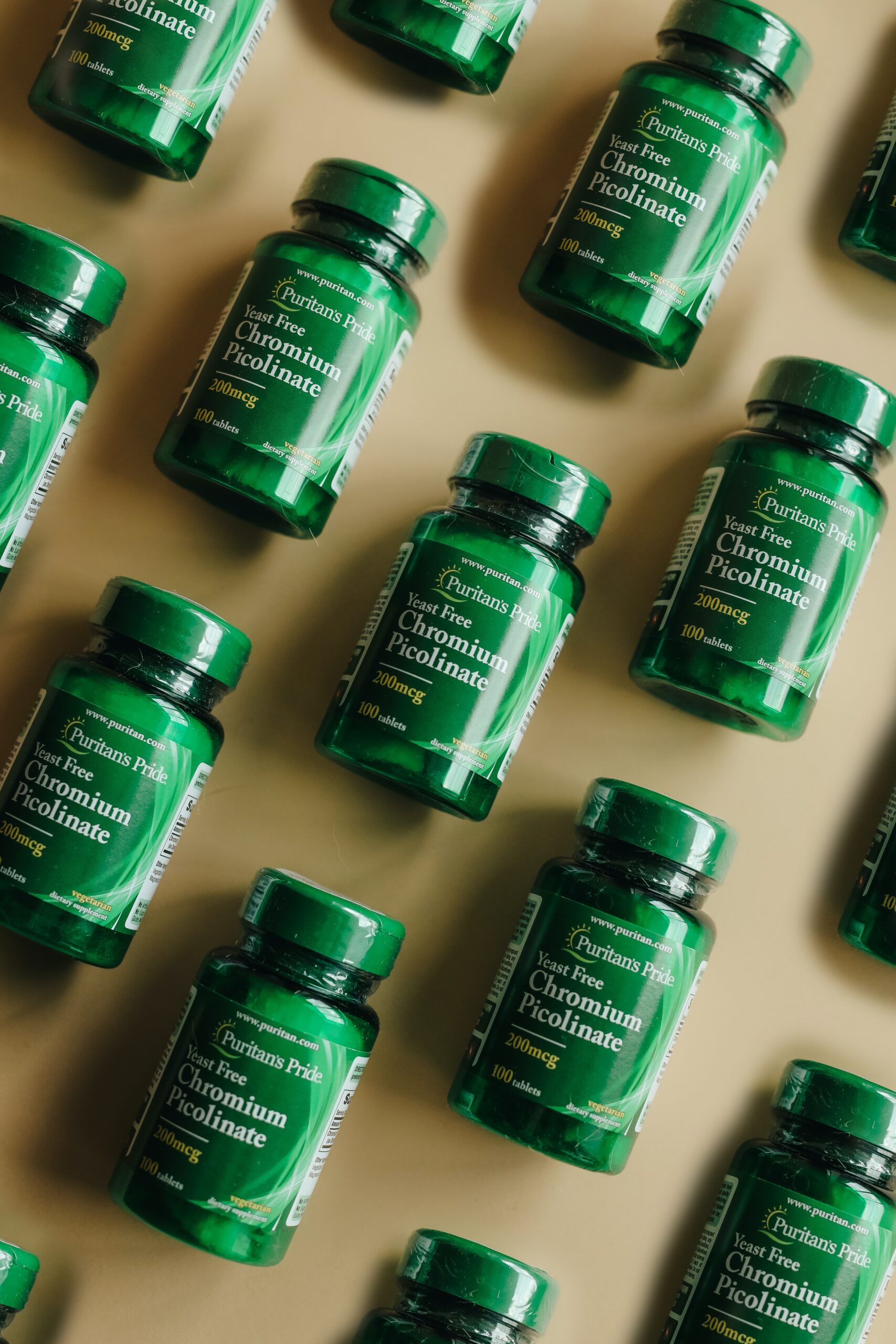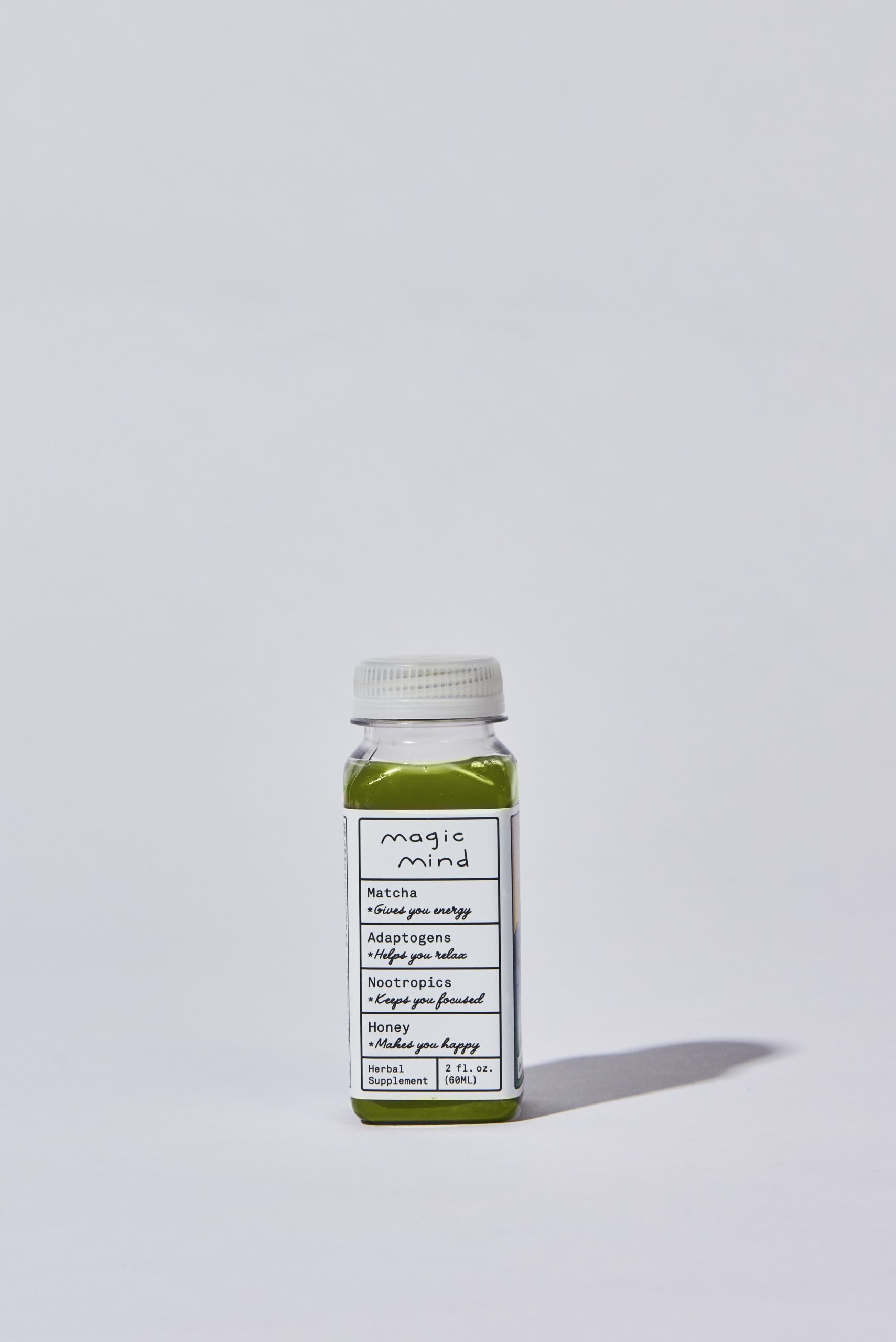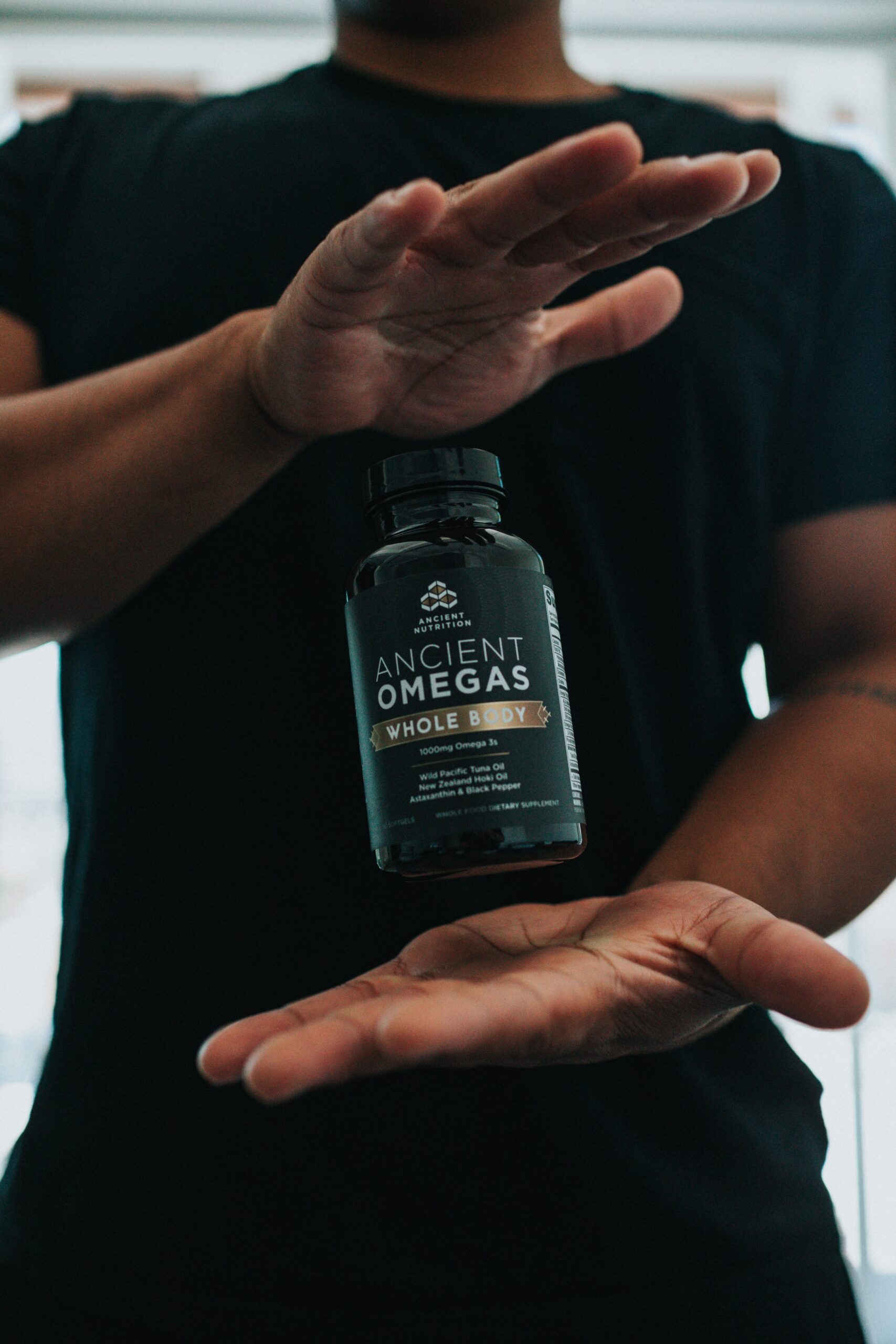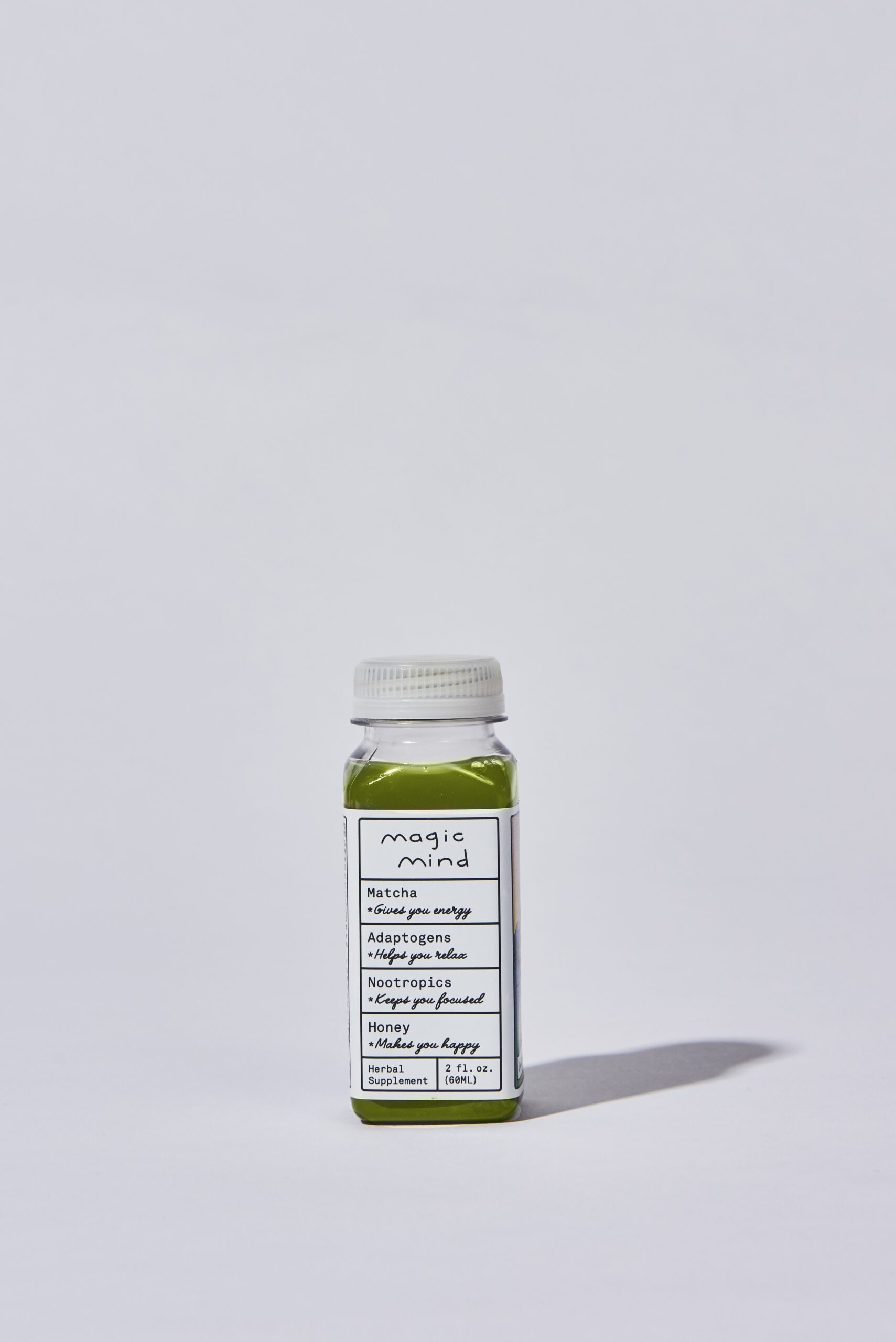Hey, did you know that there might be a solution to those pesky acne breakouts you’ve been battling? Well, it turns out that there’s a lot of buzz around the idea of using supplements to help improve your skin. But what’s the truth behind this trend? In this article, we’ll explore the potential benefits of supplements in the context of acne, shedding light on whether they can really make a difference. So, if you’ve ever wondered if that bottle of vitamins could be your secret weapon for clearer skin, keep reading to find out!

This image is property of images.unsplash.com.
Understanding Acne
Acne is a common skin condition that affects millions of people worldwide. It occurs when the hair follicles become clogged with oil and dead skin cells, leading to the formation of pimples, blackheads, and whiteheads. While acne is often associated with hormonal changes during puberty, it can affect people of all ages. Understanding the causes of acne is crucial in finding effective treatment options.
Exploring the causes of acne
Acne can be caused by various factors, including hormonal imbalances, genetics, and the overproduction of sebum (oil) by the sebaceous glands. Hormonal changes, such as those during puberty, pregnancy, or menstrual cycles, can increase the production of sebum and contribute to the formation of acne. Additionally, genetic factors play a role in determining a person’s susceptibility to acne, as it often runs in families.
The role of hormones and genetics in acne
Hormones, particularly androgens, play a significant role in the development of acne. Androgens stimulate the sebaceous glands to produce more sebum, which can clog the hair follicles and lead to acne. This is why acne tends to be more prevalent during puberty when hormone levels are fluctuating. Genetics also play a role in the development of acne, as individuals with a family history of acne are more likely to experience it themselves.
The impact of diet on acne
While the link between diet and acne is still being studied, there is evidence to suggest that certain dietary factors can influence the development and severity of acne. Foods with a high glycemic index, such as sugary drinks and processed carbohydrates, have been associated with an increased risk of acne. Additionally, dairy and foods rich in saturated fats may also exacerbate acne symptoms in some individuals. However, more research is needed to establish a definitive link between diet and acne.
Overview on Supplements for Acne
In recent years, there has been a growing trend of using supplements as a complementary approach to treating acne. Many individuals are turning to supplements in the hopes of improving their skin health and reducing acne symptoms. However, it is essential to understand the potential benefits and risks associated with using supplements for acne treatment.
The rising trend of using supplements for treating acne
Supplements have gained popularity as a natural and holistic approach to managing acne. People are drawn to the idea of addressing the root causes of acne through nutritional support and promoting overall skin health. With a wide range of supplements available in the market, individuals have more options to explore and find the best fit for their needs.
The potential benefits and risks of using supplements for acne
Supplements can provide various benefits when it comes to acne treatment. They often contain vitamins, minerals, and herbal extracts that have been linked to improved skin health. For example, certain vitamins, such as Vitamin A, B5, D, and E, have shown potential in supporting healthy skin and reducing acne symptoms. Similarly, minerals like Zinc, Magnesium, and Selenium have been associated with skin-healing properties. Additionally, herbal supplements like tea tree oil, green tea extracts, and turmeric have been traditionally used for their anti-inflammatory and antimicrobial properties.
However, it is vital to approach the use of supplements with caution. Not all supplements are created equal, and their efficacy and safety can vary. It is crucial to consult with a healthcare professional or dermatologist before starting any new supplement regimen. They can provide personalized guidance and ensure that the supplements are appropriate for your specific needs. Moreover, supplements may not be a standalone solution for severe acne cases, and it is essential to continue following traditional acne treatments if prescribed by a healthcare professional.
Vitamin Supplements and Acne
Vitamins play a crucial role in maintaining skin health, and some specific vitamins have been studied for their potential benefits in acne treatment. Let’s explore the role of Vitamin A, B5, D, and E in reducing acne symptoms.
The role of Vitamin A in skin health
Vitamin A has long been associated with healthy skin and is commonly found in many skincare products. It helps regulate the growth and turnover of skin cells, reducing the risk of clogged pores. Retinoids, a form of Vitamin A, are often prescribed by dermatologists to treat acne. However, it is important to note that excessive intake of Vitamin A supplements can be toxic, and it is crucial to follow the recommended dosage.
Vitamin B5 for acne treatment
Vitamin B5, also known as pantothenic acid, has gained attention for its potential in reducing acne symptoms. It is believed to regulate oil production and promote skin healing. While more research is needed to establish its efficacy, some individuals have reported positive results when using Vitamin B5 supplements for their acne.
Impact of Vitamin D deficiency on acne
Vitamin D, often referred to as the “sunshine vitamin,” is essential for overall health, including skin health. Some studies suggest that Vitamin D deficiency may contribute to the development or worsening of acne. However, more research is needed to understand the precise relationship between Vitamin D and acne. Adequate sun exposure and a balanced diet rich in Vitamin D sources, such as fatty fish and fortified dairy products, can help maintain optimal Vitamin D levels.
Vitamin E as a powerful antioxidant for skin
Vitamin E is a potent antioxidant that helps protect the skin from damage caused by free radicals. It has been studied for its potential anti-inflammatory and wound-healing properties. While more research is needed to determine its specific impact on acne, including Vitamin E-rich foods, such as nuts, seeds, and leafy greens, in a balanced diet can support skin health.
Mineral Supplements and Acne
In addition to vitamins, minerals also play a crucial role in maintaining healthy skin. Let’s explore the significance of Zinc, Magnesium, and Selenium in reducing acne symptoms.
Understanding the significance of Zinc in reducing acne
Zinc is an essential mineral that has been associated with various skin benefits, including acne reduction. It helps regulate oil production, supports immune function, and has anti-inflammatory effects. Some studies have shown promising results with Zinc supplementation in reducing acne symptoms. However, excessive Zinc intake can have adverse effects, and it is important to follow recommended dosage guidelines.
The effects of Magnesium supplements on acne
Magnesium is involved in numerous biochemical processes in the body, including those related to skin health. While research specifically focusing on the effects of Magnesium on acne is limited, it is known to play a role in wound healing and inflammation reduction. Maintaining adequate Magnesium levels through a balanced diet or supplementation may support overall skin health.
Role of Selenium for skin
Selenium is another mineral that has been linked to skin health. It acts as an antioxidant and helps protect the skin from oxidative damage. While further research is needed to understand its direct impact on acne, Selenium-rich foods, such as Brazil nuts, seafood, and whole grains, can be incorporated into a healthy diet to support skin health.

This image is property of images.unsplash.com.
Herbal Supplements and Acne
In addition to vitamins and minerals, herbal supplements have gained attention for their potential benefits in reducing acne symptoms. Let’s explore the effects of tea tree oil, green tea extracts, turmeric, and Saw Palmetto supplements on acne.
Exploring tea tree oil’s effects on acne
Tea tree oil is a natural essential oil derived from the leaves of the Melaleuca alternifolia tree. It is known for its antimicrobial and anti-inflammatory properties. Tea tree oil has been used as a topical treatment for acne and has shown promising results in reducing inflammation and killing acne-causing bacteria. However, it is important to use tea tree oil with caution and dilute it before applying it to the skin, as it can cause skin irritation in some individuals.
Green tea extracts and skin health
Green tea, known for its antioxidant properties, has also been studied for its potential benefits in acne treatment. It contains polyphenols, which have anti-inflammatory and antimicrobial properties. Applying green tea extracts topically or consuming green tea may help reduce acne symptoms. However, more research is needed to establish its efficacy and determine the optimal dosage for acne treatment.
Turmeric – a traditional remedy for acne
Turmeric, a spice commonly used in Indian cuisine, has been traditionally used for its anti-inflammatory and healing properties. Curcumin, the active compound in turmeric, has shown potential in reducing acne inflammation and preventing the growth of acne-causing bacteria. Incorporating turmeric into a balanced diet or using topical turmeric-based products may have positive effects on acne. However, individual sensitivities and allergies should be considered before using turmeric-based products.
Efficacy of Saw Palmetto supplements for hormonal acne
Saw Palmetto is a herbal supplement derived from the berries of the Serenoa repens plant. It has been traditionally used to treat conditions related to hormonal imbalances, such as enlarged prostate in men and hormonal acne in women. Saw Palmetto is believed to block the conversion of testosterone to dihydrotestosterone (DHT), which can contribute to hormonal acne. While more research is needed to establish its efficacy and safety, some individuals have reported positive results when using Saw Palmetto supplements for their acne.
Omega-3 Fatty Acids and Acne
Omega-3 fatty acids are essential fats that have been studied for their numerous health benefits, including their potential role in reducing inflammation and improving skin health. Let’s explore the anti-inflammatory effects of Omega-3, food sources rich in Omega-3 fatty acids, and the impact of Omega-3 supplements on acne.
Understanding the anti-inflammatory effects of Omega-3
Omega-3 fatty acids, particularly eicosapentaenoic acid (EPA) and docosahexaenoic acid (DHA), have been shown to possess anti-inflammatory properties. Inflammation plays a significant role in the development and progression of acne. By reducing inflammation in the body, Omega-3 fatty acids may help alleviate acne symptoms.
Sources of Omega-3 fatty acids
Omega-3 fatty acids can be obtained through both plant and animal sources. Fatty fish, such as salmon, sardines, and mackerel, are some of the richest sources of EPA and DHA. Plant-based sources of Omega-3 include flaxseeds, chia seeds, and walnuts. Including these foods in your diet can provide a natural source of Omega-3 fatty acids.
The impact of Omega-3 supplements on acne
Supplementing with Omega-3 fatty acids has been explored as a potential adjunct treatment for acne. Some studies have suggested that Omega-3 supplementation may help reduce acne symptoms by decreasing inflammation and regulating sebum production. However, more research is needed to establish the optimal dosage and duration of Omega-3 supplementation for acne treatment.

This image is property of images.unsplash.com.
Probiotics and Acne
Probiotics are live microorganisms that provide numerous health benefits, particularly for gut health. Recent research has suggested a potential link between the gut and skin health, emphasizing the role of the gut-skin axis in the development of acne. Let’s explore how probiotics can potentially aid in acne treatment and the different types of probiotics for acne.
The gut-skin axis impact on acne
The gut-skin axis refers to the bidirectional relationship between the gut microbiota and skin health. Imbalances or disruptions in the gut microbiota can potentially contribute to the development or worsening of acne. By promoting a healthy gut microbiota, it may be possible to improve acne symptoms.
How probiotics can potentially aid in acne treatment
Probiotics are beneficial bacteria that help restore and maintain a healthy balance in the gut microbiota. By introducing probiotics into the gastrointestinal system, it is believed that the gut microbiota can be positively influenced, potentially leading to improved skin health. Some studies have shown promising results in the use of probiotics for acne treatment, but more research is needed to determine optimal strains, dosages, and treatment durations.
Different types of probiotics for acne
Various strains of probiotics have been studied for their potential benefits in acne treatment. Lactobacillus and Bifidobacterium are among the most commonly studied probiotic strains for acne. These strains may help reduce inflammation and support immune function, potentially improving acne symptoms. However, it is important to note that not all probiotics are the same, and their efficacy can vary. Consultation with a healthcare professional or dermatologist is recommended to determine the most suitable probiotic strain for acne treatment.
Prescribed and Over-the-Counter Acne Treatments
In addition to supplements, there are various prescribed and over-the-counter treatments available for managing acne. It is important to be aware of these options and understand how they compare to using supplements.
Topical treatments available
Topical treatments are the most common form of acne treatment and are available in various forms, including creams, gels, lotions, and cleansers. These treatments typically contain ingredients such as benzoyl peroxide, salicylic acid, or retinoids, which target different aspects of acne development. Topical treatments can help reduce inflammation, unclog pores, and kill acne-causing bacteria.
Oral medications for severe acne
For severe or persistent acne cases, dermatologists may prescribe oral medications to help manage symptoms. These medications may include antibiotics, hormonal therapies, or isotretinoin (commonly known as Accutane). Oral medications work by targeting the underlying causes of acne, such as bacterial overgrowth or hormonal imbalances.
Contrasting supplements with traditional acne treatments
While supplements may offer additional support for acne treatment, it is important to note that they should not replace traditional acne treatments, especially for severe cases. Topical treatments and oral medications prescribed by healthcare professionals are often the most effective and targeted approaches for managing acne. Supplements can be used as a complementary approach, but consultation with a healthcare professional or dermatologist is crucial to ensure safe and effective treatment.

Possible Side Effects of Using Supplements for Acne
While supplements can provide potential benefits for acne treatment, it is important to be aware of possible side effects and interactions. Here are some general precautions to keep in mind when using supplements:
Understanding potential risks and interactions
Certain supplements, especially at high doses, can have adverse effects on the body. For example, excessive intake of Vitamin A supplements can be toxic and lead to symptoms such as dry skin, nausea, and dizziness. Similarly, Zinc supplements taken in excess can cause gastrointestinal disturbances, copper deficiency, and impaired immune function. It is important to follow recommended dosage guidelines and consult with a healthcare professional if you have any existing health conditions or are taking medication to avoid potential interactions.
General precautions when using supplements
When using supplements for acne treatment, it is always recommended to consult with a healthcare professional or dermatologist. They can provide personalized advice based on your specific needs, health history, and existing treatments. Additionally, it is important to choose reputable brands and products to ensure quality and safety. Reading product labels, checking for certifications, and researching reviews can help you make informed decisions when selecting supplements.
Scientific Research on Acne and Supplements
Scientific research plays a crucial role in understanding the efficacy and safety of supplements for acne treatment. Ongoing studies and future research directions are constantly shaping our knowledge in this area.
Current evidence on the efficacy of supplements for acne
While there is ongoing research in the field of supplements for acne, it is important to acknowledge that the evidence is still evolving. Some studies have shown promising results with certain supplements, such as Vitamin A, Zinc, Omega-3 fatty acids, and probiotics. However, more large-scale and well-controlled studies are needed to establish the optimal dosages, treatment durations, and potential side effects of these supplements.
Examining ongoing studies and future research directions
Researchers continue to explore the potential benefits of supplements in acne treatment. Ongoing studies are focused on identifying new supplements, understanding their mechanisms of action, and evaluating their efficacy in different patient populations. Future research may also shed light on the interactions between supplements and traditional acne treatments, helping optimize treatment approaches for individuals with acne.
In conclusion, understanding the causes of acne is crucial in finding effective treatment options. While supplements have gained popularity as a complementary approach to acne treatment, it is important to approach their use with caution. Vitamins, minerals, herbal supplements, Omega-3 fatty acids, and probiotics have all shown potential benefits in supporting skin health and reducing acne symptoms. However, it is important to consult with a healthcare professional or dermatologist before starting any new supplement regimen to ensure safety and effectiveness. Moreover, supplements should not replace traditional acne treatments, especially for severe cases. By combining supplements with prescribed and over-the-counter treatments, individuals can take a comprehensive approach to managing their acne and promoting overall skin health. Ongoing scientific research will continue to shape our understanding of the efficacy and safety of supplements for acne treatment, providing valuable insights for both healthcare professionals and individuals looking for alternative acne management strategies.




